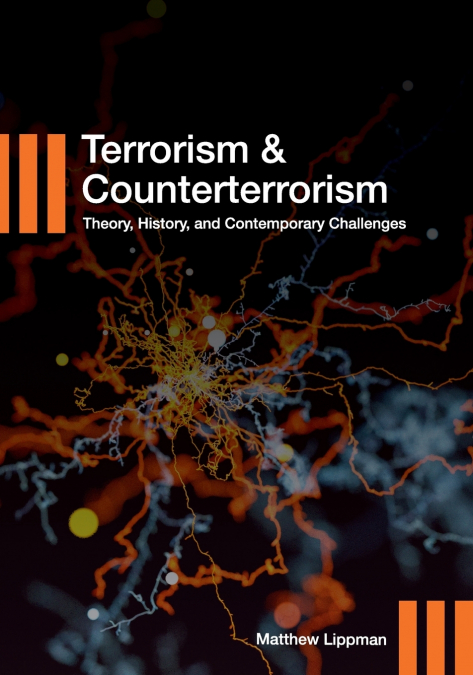
 Librería Perelló (Valencia)
Librería Perelló (Valencia)
 Librería Aciertas (Toledo)
Librería Aciertas (Toledo)
 Librería Elías (Asturias)
Librería Elías (Asturias)
 Donde los libros
Donde los libros
 El AlmaZen del Alquimista (Sevilla)
El AlmaZen del Alquimista (Sevilla)
 Librería Kolima (Madrid)
Librería Kolima (Madrid)
 Librería Proteo (Málaga)
Librería Proteo (Málaga)
Following the attacks on the World Trade Center and Pentagon in 2001, the number of terrorism-related courses, programs, research centers, journals, and books have increased exponentially. Terrorism and Counterterrorism: Theory, History, and Contemporary Challenges gathers the intellectual insights borne from these developments into an accessible, interdisciplinary introduction to terrorism.The book begins by examining various approaches to defining terrorism, including psychological, criminological, and structural definitions. The financing of terrorist operations and weaponry is discussed, as well as common tactics and strategies, including cyberterrorism. Readers learn about the historical foundations of modern terrorism and various types of terrorism, including ethno-national, revolutionary, religious, and state terrorism. Dedicated chapters examine terrorism in the United States—of both domestic and international origin—the relationship between the media and terrorism, and the institutions involved in homeland security. The text concludes by addressing contemporary public policy issues in counterterrorism and providing an overview of developments since the election of President Donald Trump.Terrorism and Counterterrorism is an excellent primary or supplementary textbook for courses in terrorism, counterterrorism, and homeland security.Matthew Lippman is professor emeritus in the Department of Criminology, Law, and Justice at the University of Illinois at Chicago, where he teaches courses in criminal law and criminal procedure and has taught courses on civil liberties, law and society, and terrorism. He earned his doctoral degree in political science from Northwestern University and his master of law degree from Harvard Law School. Dr. Lippman has authored numerous academic publication, including eight books, and his work is regularly cited by academic publications and foreign and domestic courts and organizations.